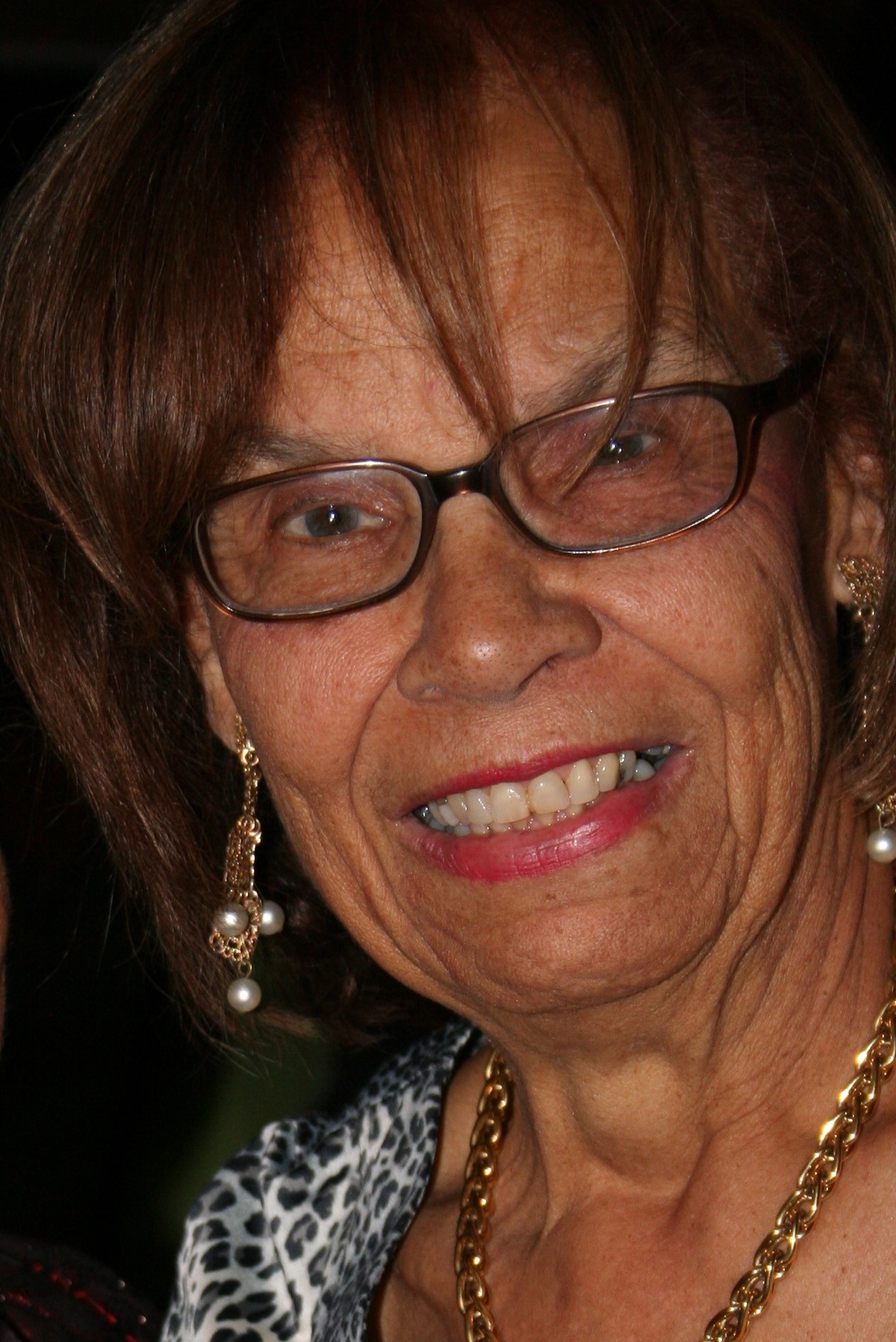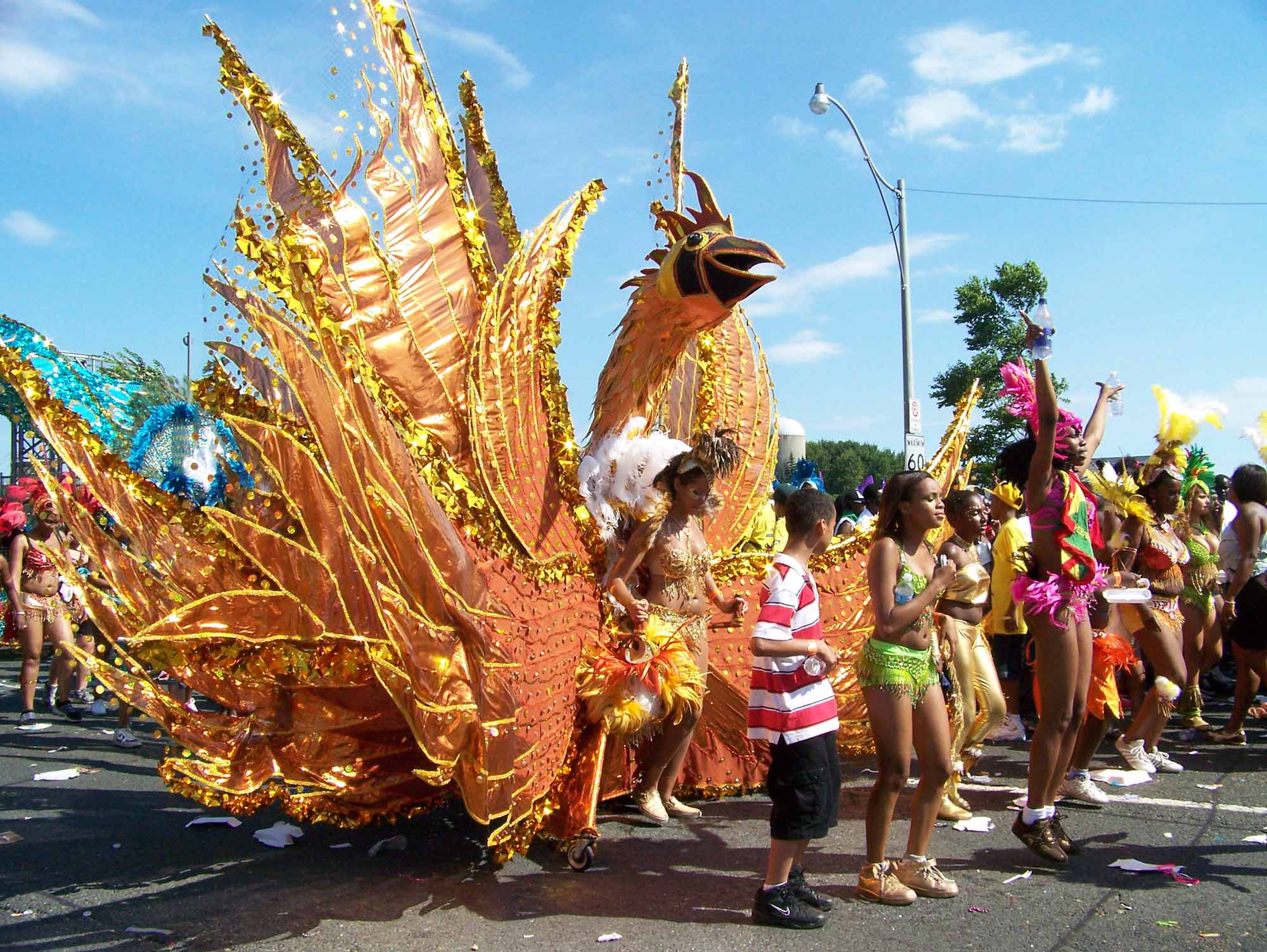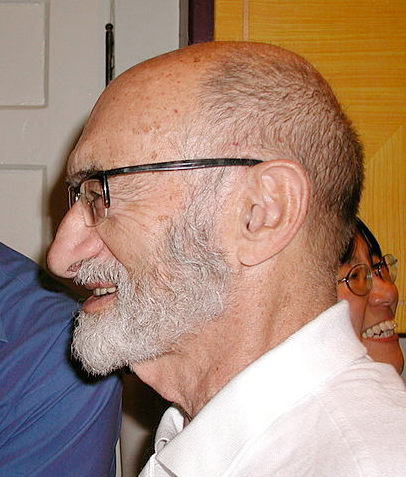Gloria Leon Baylis (née Clarke), registered nurse, civil rights activist, founder and owner of Baylis Medical Company (born 29 June 1929 in Barbados, died 12 April 2017 in Montreal, QC). Baylis, a British-trained Caribbean migrant nurse was the key witness in Her Majesty the Queen, Complainant v. Hilton of Canada Ltd., Accused. (See also Caribbean Canadians.) On 2 September 1964, one day following the introduction of the Act Respecting Discrimination in Employment in Quebec, Baylis inquired about a permanent part-time nursing position at the Queen Elizabeth Hotel (QEH), which was operated by Hilton of Canada. Baylis was told that the position had already been filled. With the support of the Negro Citizenship Association (NCA), Baylis filed a complaint. On 4 October 1965, the court found that Hilton of Canada had violated the Act. For 11 years, Hilton of Canada appealed the ruling. On 19 January 1977, the Court of Appeal of Quebec upheld the initial conviction, a fine of $25 and related costs. This case is significant because it is the first time in Canadian history that an institution had been found guilty of racial discrimination in employment. (See also Prejudice and Discrimination in Canada.)

Early Life and Education
Gloria Baylis was born on the Caribbean island of Barbados on 29 June 1929, to Reynold Leon Clarke and Antoinette Margaret Clarke. She grew up in a middle-class household, one of twelve surviving siblings (two other liveborn children died within months of their birth). Baylis’s mother believed that education was a pathway to upward mobility. Baylis attended Thorpe’s Private School and then Queen’s College for girls, where she earned her Cambridge School Certificate. Baylis reportedly had an uneventful childhood, enjoying activities such as riding a donkey cart and playing with her siblings.
At 16 years of age, Baylis worked as a private teacher. When her employer refused to pay her, Baylis sued him and settled out of court.
In 1947, Baylis saw an advertisement in a British paperback about volunteers needed to train as nurses, a consequence of a shortage of health care personnel following the Second World War (see Nursing). Unbeknownst to her parents, Baylis applied to Kingston General Hospital in London, England. Once Baylis was accepted into the nurse training program, she told her mother. Even though her parents were hesitant, they relented and gave Baylis permission to migrate to London.

Baylis was training in England by 1948, the same year the National Health Service (NHS) was created as part of sweeping social reform in England. Baylis was among the mass exodus of Caribbean people who helped the NHS meet the increased demand for health care services. At the time, Caribbean people were British subjects who had the legal right to live and work in Britain. In 1951, Baylis graduated from Kingston General Hospital, England, with her State Registered Nurse (SRN) credentials as well as a certificate in midwifery. In 1952, Baylis migrated to Montreal, Canada where she encountered a different nursing system. Baylis was reportedly shocked at the level of pay. She had funds available after receiving her first paycheque and paying for essentials. She kissed the ground vowing that she would “never leave this country”.
Baylis worked at various hospitals, such as the Montreal General Hospital, Reddy Memorial Hospital and Hôtel-Dieu de Montréal. In 1955, Baylis met Richard, a British citizen who had also immigrated to Montreal, and they married in 1956. The couple had five children; unfortunately, the first child, a daughter, passed away soon after birth. Baylis allegedly loved nursing. By 1964, she had two young children at home, but she wanted to continue to work. Pauline Tisseur, Baylis’s close friend, told her that the Queen Elizabeth Hotel (QEH) was hiring; a full-time and a part-time position for a nurse were advertised in the Montreal Gazette.
Her Majesty the Queen v. Hilton of Canada Ltd.
On 2 September 1964, Baylis went to the QEH to apply for the permanent part-time position but was told by the hotel’s personnel that the positions had been filled. Later that evening, in conversation with Pauline Tisseur, who had applied for the full-time position, Baylis learned that it was impossible that the jobs could be filled. Tisseur had an appointment to see the physician in charge on 4 September. Following their conversation, Baylis called the QEH’s personnel, asking, “Could you tell me if the two jobs advertised in the Gazette had been filled?” She was told “no.”
Baylis sought the assistance of the Negro Citizenship Association (NCA). The NCA, founded by Donald Moore fought to challenge immigration policies that systematically denied Caribbean people legal entry to Canada (see Caribbean Canadians). In Montreal, Black people faced discrimination in all areas of public life, including employment, but there had been no law to prohibit racial discrimination in Quebec until the Act Respecting Discrimination in Employment was passed in 1964. (See also Black Canadians; Prejudice and Discrimination in Canada.) The NCA hoped that the introduction of the Act and a successful judicial precedent would change these practices. The NCA encouraged Baylis to file a complaint. The organization subsequently hired Gerald N.F. Charness as the lead attorney. At the pre-trial, the defense for QEH asked for the case to be thrown out due to a lack of evidence because the position had been filled. The Hon. Judge Marcel Gaboury disagreed.
The Trial and Outcome
The trial was to determine whether the QEH had contravened the Act on 2 September 1964. Even as Her Majesty v. Hilton was about race, the defense suggested that Gloria Baylis’s inadequate French speaking abilities were the reason the QEH did not employ her (see French Language in Canada). At the time of the trial, Baylis was working at Catherine Booth Hospital, where she spoke French. Because Her Majesty v. Hilton was about racial discrimination, proof of race was necessary and only Baylis could testify and confirm that she was, in fact, a Negro. A key moment in the proceeding occurred when Baylis, answering a question by the Crown’s lawyer, stood up on the witness stand and said, “I am a Negro.”
Based on the evidence presented, the judge ruled that QEH violated the Act. In the court’s opinion, the QEH discriminated against Baylis on account of her race and colour (see Prejudice and Discrimination in Canada). The judge ruled that during the application procedure, Baylis was treated differently than the other applicants who applied for the position. He contended that Gloria’s application was not endorsed, was not referred to the doctor, and that she was not asked to be interviewed. In terms of penalty, the Act stipulated that “Every person who infringes this act shall be liable, on summary proceeding, to a fine of twenty-five to one hundred dollars or, in the case of an employer’s association or an association of employees, to a fine of one hundred to one thousand dollars.” Hilton of Canada was fined the minimum amount of $25 and associated costs. Montreal’s Black community was disappointed with the small fine but felt the case was still relevant.
Significance
Her Majesty v. Hilton, was the first successful case for employment discrimination based on race. (See also Fred Christie Case (Christie v York).) In writing about the case in 2012, Dr. Dorothy Wills, past secretary of the NCA, recalls a time when there was no Quebec Human Rights Commission or the Committee for Research-Action on Racial Relations (CRARR). (See also (Quebec) Charter of Human Rights and Freedoms.) Black Montrealers had no legal protection from discrimination, and as a result were unwilling to have their experiences documented to build a case for legislation to address discrimination in employment and housing. Because of Baylis’s courage, Wills pointed out that “people were not as [intimidated] to come forward with their discriminatory experiences.”
For the Oracle, a Black newspaper, the decision spoke volumes and sent a strong message about racism in Canada. According to a 1977 article: “...the case represents a moral victory for Black people, especially at a time when racism seems to grow more rampant every day. The court, by acting as it did, has shown that the institutions of our society can play a positive role in combatting the cancer of racism.”
That the Court of Appeal of Quebec upheld the initial ruling in 1977 following repeated appeals by Hilton of Canada further illustrates the importance of the case.
Later Career
While the case was still ongoing, Baylis worked as a supervisor in the operating room suite of the Catherine Booth Hospital until 1969. She also worked for Henry Morgentaler. In 1970, Baylis and her family moved to Toronto, but she continued to work for Morgentaler. On 1 June 1970, while in Montreal, Baylis was arrested along with Morgentaler and two other nurses and a secretary. The arrest occurred before the 1988 Supreme Court ruling that found that the abortion law contravened the Canadian Charter of Rights and Freedoms (see Abortion in Canada). After her arrest, Baylis continued to work as a private duty nurse, working in the intensive care units and operating rooms at various hospitals throughout Toronto.
From 1983 to 1984, Baylis served as vice-president of the board of directors of the Central Registry of Graduate Nurses. She was also the nurse on-set for the film, Youngblood (1986).
Baylis founded Baylis Medical Company in the early 1980s, which she started from home. The company, which began as an importer and distributor of medical devices was incorporated in 1986. By 2001, Baylis Medical Company turned to research, development and production. Baylis retired from Baylis Medical Company in 2004.
Honours and Awards
In honour of Gloria Baylis, George Elliott Clarke, Canada’s seventh poet laureate (2016-17), wrote the poem, A Salute to Gloria Baylis: Canadian Human Rights Pioneer (2017).
In addition to this tribute, Baylis was awarded:
- Special Achievement Award for Distinguished Contributions to the field of Fitness and Amateur Sport, Government of Ontario (1985)
- Jackie Robinson Award for Business Person of the Year, Montreal Association of Black Business Persons and Professionals (1999)

 Share on Facebook
Share on Facebook Share on X
Share on X Share by Email
Share by Email Share on Google Classroom
Share on Google Classroom
















